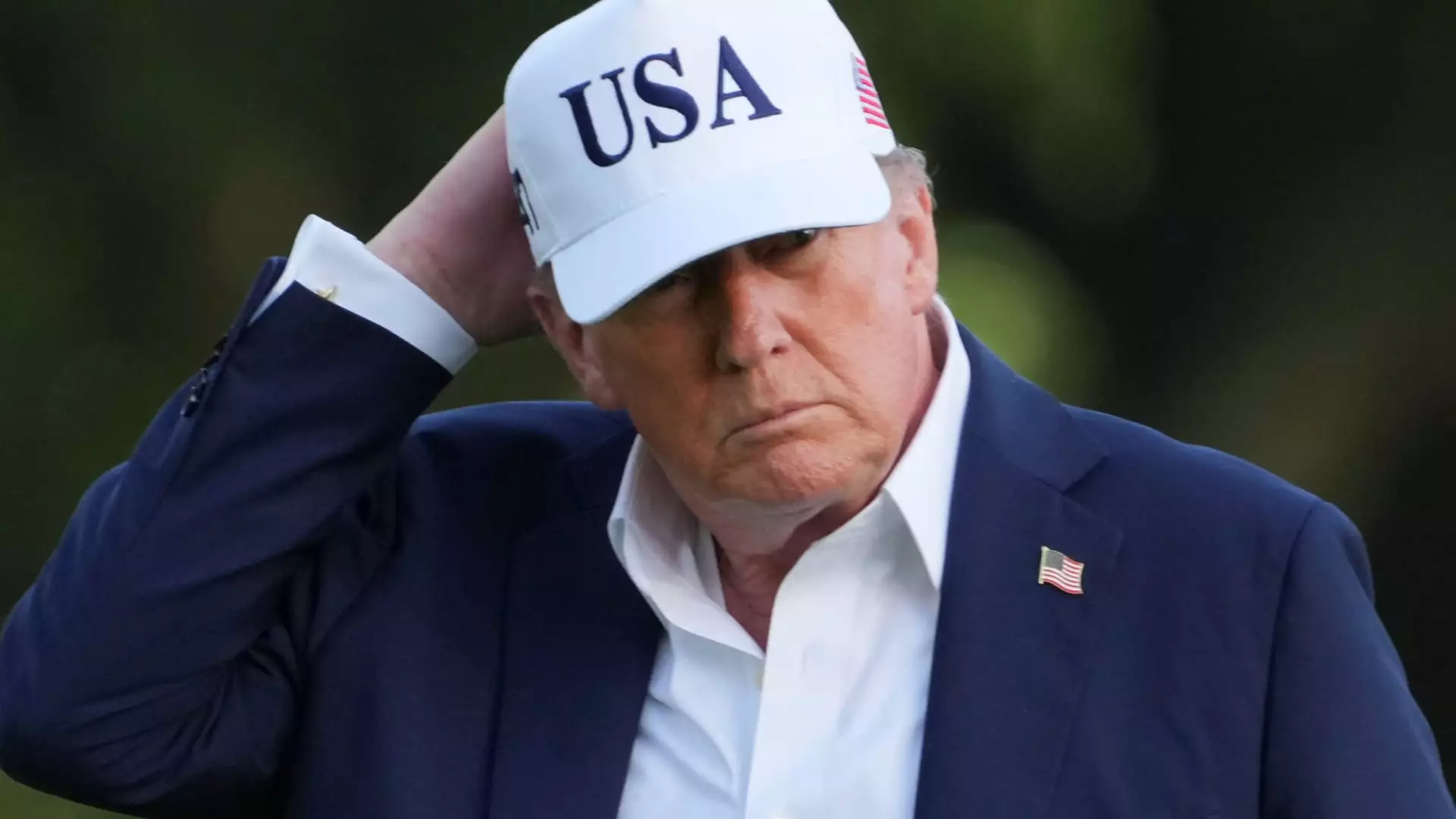The recent decision by the United States to impose sweeping tariffs on Japan and South Korea reveals more about political posturing than genuine economic strategy. While U.S. policymakers often portray trade deficits as a symbol of economic imbalance, this perspective fundamentally misunderstands the nature of global trade. Deficits are not inherently harmful; they reflect complex supply chains, comparative advantages, and the interconnectedness of modern economies. To frame these deficits as a problem requiring punitive tariffs is to ignore the benefits of open markets and the risks of economic nationalism. Such tactics do little to address structural issues and instead foster resentment, retaliatory measures, and instability.
The Fallacy of Retributive Tariffs
Donald Trump’s renewed tariffs—set at 25% on imports from Japan and South Korea—are rooted in a flawed perception of fairness and sovereignty. Instead of fostering mutually beneficial trade agreements, these tariffs threaten to escalate into a trade war that hampers growth and innovation. The administration’s justification hinges on correcting perceived trade imbalances, but in reality, enforcing higher tariffs often results in higher consumer costs, disrupted supply chains, and decreased competitiveness. The threat of transshipping—to avoid tariffs—further complicates the issue, turning international trade into a game of avoidance rather than collaboration. Initiatives should focus on constructive negotiations rather than punitive measures that harm consumers and industries on both sides.
Economic Power Play or Reality Check?
Many experts have long criticized the simplistic notion that tariffs are tools for leveling the playing field. Historical evidence suggests that such measures rarely deliver long-term gains and often hurt domestic consumers. What’s troubling about this renewed aggressive stance is its potential to undermine diplomatic relationships. By issuing formal threats and conditional offers—such as the possibility of future tariff adjustments depending on relations— the U.S. signals a shift toward power-driven diplomacy that risks creating a climate of uncertainty. In essence, these tariffs are less about recouping deficits and more about projecting dominance in a global economy that increasingly demands cooperation.
The Consequences of Economic Isolationism
Imposing large tariffs on key allies like Japan and South Korea is a risky gamble, especially at a time when international cooperation is essential for addressing shared challenges—climate change, technological innovation, and geopolitical stability among them. At its core, this approach reflects a misguided belief in economic independence through protectionism. But history shows that sustained economic growth flourishes through openness, not walls. A focus on trade barriers alienates allies and diminishes the U.S.’s influence on the global stage. Instead of nurturing these strategic alliances, such measures threaten to erode the foundation of a balanced international economic order.
The Center-Left Perspective: Advocating for Fair and Balanced Trade
From a center-wing liberal standpoint, it’s imperative to recognize that policies driven by fear of deficits or trade imbalances seldom serve the national interest. Genuine economic progress requires nuanced trade policies that promote fair competition without resorting to protectionist tactics. Diplomatic engagement, trade diversification, and enforcement of fair labor and environmental standards should take precedence over blanket tariffs. The current approach risks fostering a fragile economic environment, where retaliation and uncertainty dissuade investment, curtail innovation, and frustrate consumers. It’s time for policymakers to prioritize sustainable growth rooted in collaboration rather than coercion, ensuring that trade remains a vehicle for shared prosperity rather than geopolitical leverage.

